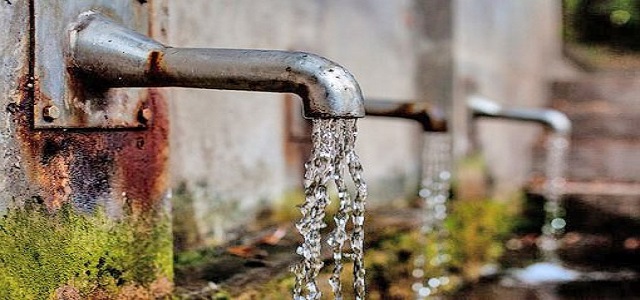Up until now, this work has largely been undertaken by multi-lateral financing institutions such as the World Bank and the African Development Bank. The challenge with this is that such analysis is inevitably from the perspective of the financing agency and not from the independent perspective of the country. Whilst the analysis from the development banks may to a great extent serve the interests of both parties, the drawback lies in the fact that countries are dependent on external parties to undertake a critically important element of the development process. Most of the AU Member States, and specifically their departments and agencies responsible for water affairs, do not have the expertise to undertake such analyses. This represents a critical gap and one to which the AIP seeks to support AU Member States in closing.
Particular emphasis will be placed on using integrated economic analysis to address the following prevalent issues:
- What is the role of water in the national economy? This has multi-sectoral implications in terms of the water-dependent growth sectors of the economy.
- What impact does water pricing, water availability, and the reliability of supply have on different sectors, different parts of a country or shared international watercourses, and the economy as a whole?
- Where does inadequate water availability constrain the economy? All levels – urban, rural, multi-sectoral etc.
- What synergies and trade-offs are considered when prioritising (water) investments across sectors?
- What is the next critical point for augmentation of existing water supply and what is the next least-cost option?
- Given scarce resources, where is the next dollar best spent on water infrastructure in a given country?
- Given the requirements of the water-dependent growth sectors, where may water be a constraint to growth in the next 5, 10, 20 years?
Against the background of the foregoing, the AIP will develop a support function to coordinate the provision of support to Member States in undertaking Integrated Economic Analysis in water and environment management; sanitation and hygiene services delivery; and the related sectors to determine answers to the questions posed above and to better support infrastructure investment planning and implementation. Most countries have strategic national development plans but these are usually elaborated project lists without any detailed economic analysis to justify prioritisation and indicate the inter-relatedness of different sectors.
Adding this function to the support which the AIP will offer to countries is an important extension of the Nexus Concept and is a logical extension of ongoing activities. In order to ensure the highest standards of analysis and to build confidence in the results, a high level Formal Review Process will be instituted which will be applied to all major analytical projects. The AIP will work closely with the multi-lateral investment banks and other funds, agencies in order to strengthen the results; to avoid duplication; and to assist with eventual finance packaging for infrastructure investments.
The AIP will support at least five Country Water Economy Analyses with favourably inclined countries to hone the methodology and provide examples to stimulate interest in the programme. It must be emphasised that the objective of this new avenue of support to AU Member States is to accelerate the investment process in the water sector and, in turn, promote economic growth and development – not to simply undertake yet more studies and produce yet more reports.
Refer to other AIP activities responding to the bottlenecks in the delivery of the infrastructure needed to underpin economic growth and transformation in Africa


